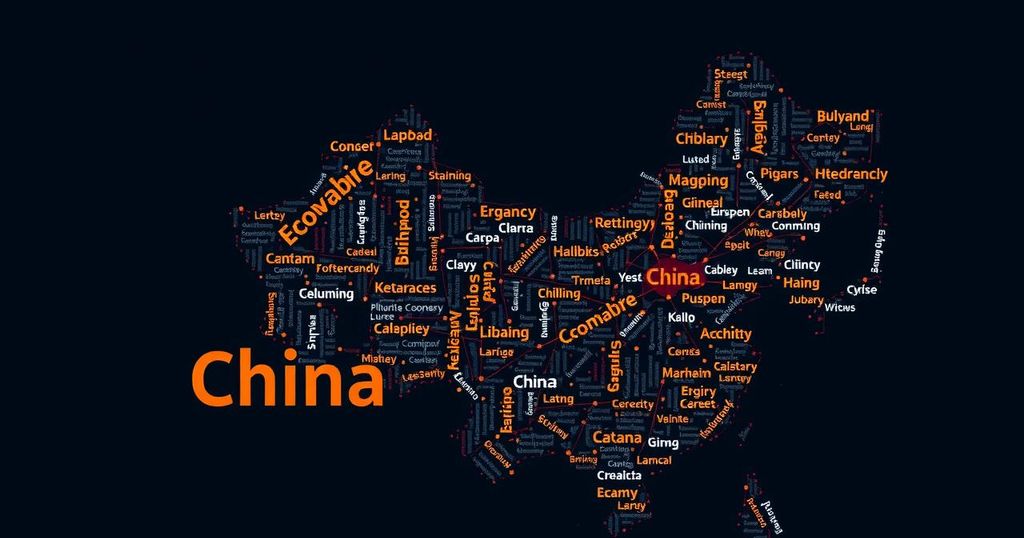China’s economy exhibits several key strengths that are pivotal for multinational corporations: a powerful innovation ecosystem, strategic investments in emerging markets, competitive domestic markets, and a vast consumer base. Companies must adapt to these dynamics to remain competitive globally.
In 1978, Deng Xiaoping initiated the “Reform and Opening” policy, paving the way for modernization by integrating Western technology with Chinese practices. This transformation has reversed roles, as China’s hybrid state capitalist system now exhibits significant advantages, particularly in technology sectors, where it leads in 53 out of 64 categories. Multinational corporations must adopt a pragmatic approach, akin to Deng’s model, to leverage four core strengths of the Chinese economy: a robust innovation ecosystem, strategic investments in emerging markets, ultra-competitive domestic markets, and access to a vast consumer base.
1. Innovation Ecosystem: China’s unique blend of top-down government coordination and the entrepreneurial spirit fosters a thriving innovation culture. With monumental increases in R&D funding, particularly in clean technology, China dominates global production of essential technologies such as solar panels and lithium-ion batteries. Companies like Invenergy exemplify the successful partnerships formed to exploit these advancements through strategic collaborations.
2. Investment in the Global South: China is redefining business dynamics in developing markets by providing affordable, locally tailored solutions. Harnessing the Belt and Road Initiative, firms like Cummins have successfully partnered with Chinese companies, establishing a solid footing that enables them to extend their technological innovations into other emerging markets.
3. Ultra-Competitive Markets: The fierce competition within China’s markets encourages efficiency and innovation, exemplified by companies like BYD and CATL. This competitiveness has forced international companies, such as Tesla, to adapt, often benefiting from the local supply chain to maintain market relevance.
4. 1.4 Billion Consumers: China represents a market of unprecedented scale that, despite economic challenges, continues to grow dynamically. The increasing affluence and sophistication of Chinese consumers lead to substantial demand for various industries. Multinationals overlooking this market expose themselves to significant risks, as exemplified by Amazon’s gradual exit from China due to competitive disadvantages.
Understanding and embracing these strengths enables foreign companies to enhance their global competitiveness and remains essential for success in the rapidly evolving economic landscape.
China’s economy has undergone remarkable changes since Deng Xiaoping’s reforms, transitioning to a model integrating state control with market forces. This has resulted in unparalleled advancements in technology and manufacturing, allowing China to emerge as a dominant player in several critical sectors. The nation’s vast consumer base and significant investment in R&D further bolster its economic prowess, prompting multinational companies to rethink their strategies and collaboration with Chinese firms. Western companies have historically occupied dominant positions in global markets; however, the rise of Chinese companies, coupled with unique strengths in innovation, consumer engagement, and competitive dynamics, highlights the urgent need for global businesses to adapt to and capitalize on the opportunities presented by the Chinese market.
In conclusion, the four key strengths of China’s economy—its innovation ecosystem, focus on emerging markets, ultra-competitive environment, and expansive consumer base—collectively position it as a formidable force in global commerce. Multinational companies must adopt a pragmatic approach to harness these strengths effectively. Failing to recognize the importance of engaging with China’s dynamic market could result in lost opportunities and diminished competitiveness on a global scale.
Original Source: hbr.org






